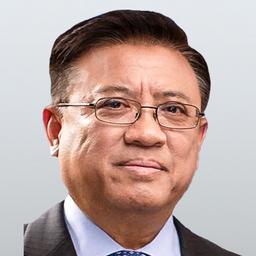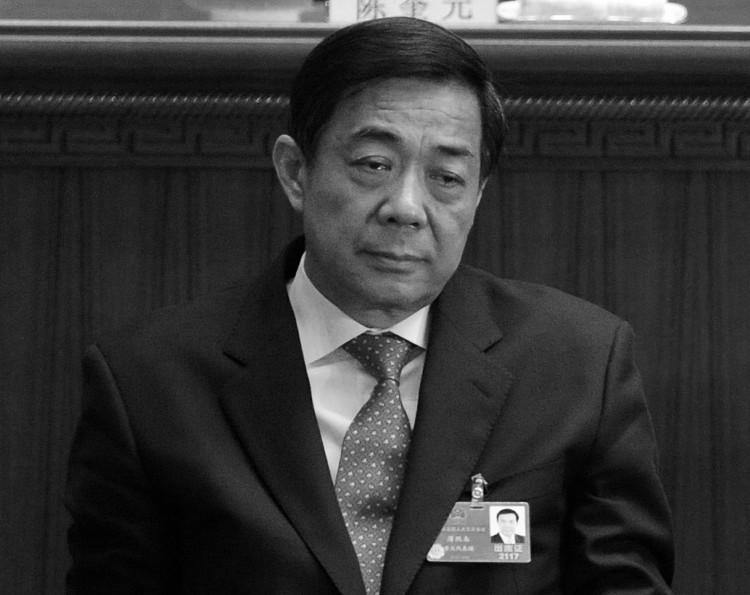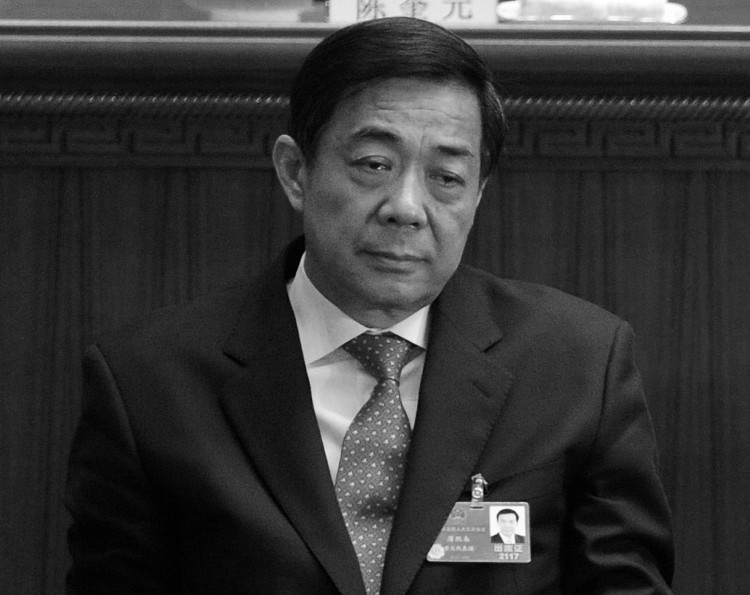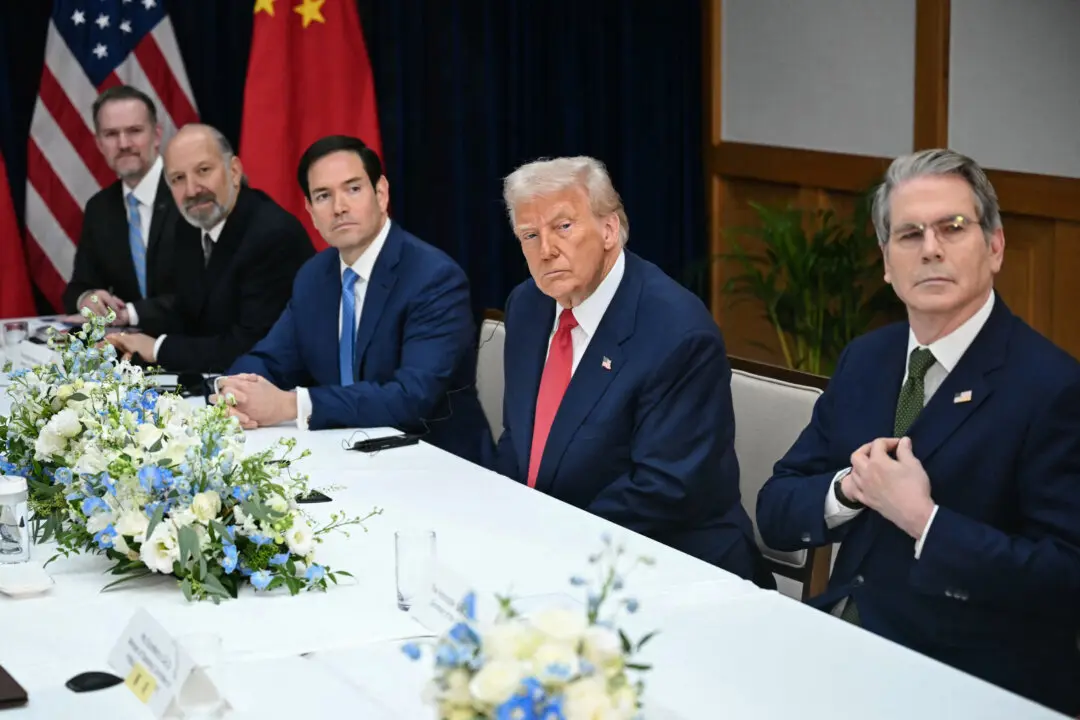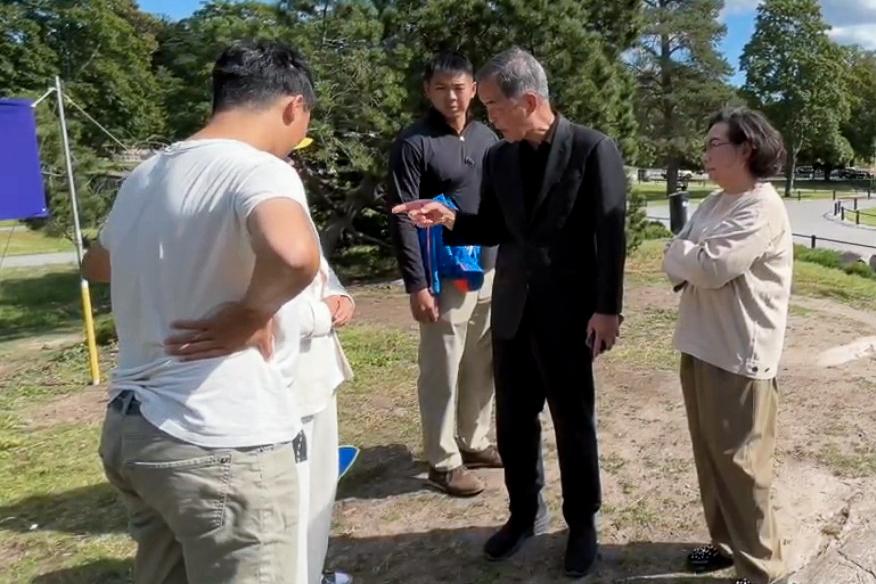Opinion
Tougher Stance on Bo Xilai Emerges From Beijing
A swirl of puzzling events took place in Beijing last week. Standing out from the confusion is the presumptive Party head Xi Jinping charting a tougher line on handling Bo Xilai.

Bo Xilai at the closing ceremony of the National People's Congress in Beijing in March 2012. Bo Xilai has been expelled from the Chinese Communist Party. Mark Ralston/AFP/Getty Images
|Updated:
